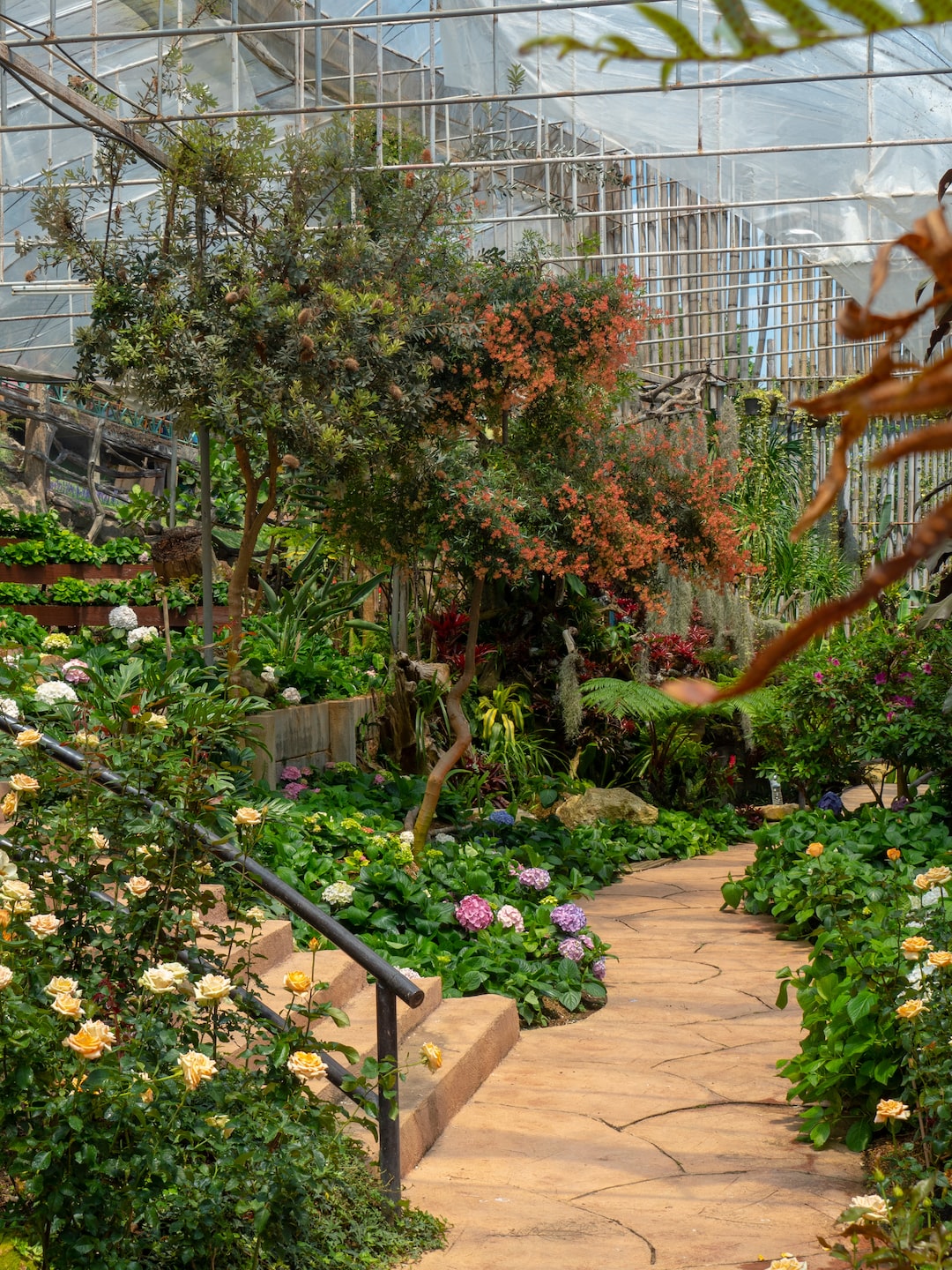The Secrets of Organic Pest Control: Keeping Your Garden Pest-free without Harmful Chemicals
Maintaining a healthy, vibrant garden is both rewarding and fulfilling. However, dealing with pests that wreak havoc on your precious plants can be a frustrating and daunting task. While many gardeners resort to using harmful chemicals to control pests, there is a safer and more environmentally friendly alternative – organic pest control. In this post, we will explore the secrets of organic pest control and how it can help you maintain a pest-free garden without relying on harmful chemicals.
What is Organic Pest Control?
Organic pest control refers to the practice of managing pests in the garden using natural and non-toxic methods. It focuses on maintaining a balance between pests and beneficial organisms for a healthy and thriving garden. The core principle of organic pest control is prevention rather than eradication, ensuring that pests are kept at bay without causing harm to the environment or other living organisms.
Secret #1: Cultivate Healthy Soil
The key to preventing pest infestations lies in building and maintaining healthy soil. Healthy soil promotes strong and robust plants that are more resilient to pests and diseases. Begin by enriching your soil with organic matter such as compost, leaf mold, or well-rotted manure. This will improve the soil structure, fertility, and water-holding capacity, creating a thriving environment for beneficial organisms that naturally control pests.
Secret #2: Attract Beneficial Insects
Nature has its own army of beneficial insects that can help keep pests in check. To attract these helpful allies, incorporate pollinator-friendly plants such as marigolds, daisies, and lavender, which will bring in bees and butterflies. Additionally, include plants that provide nectar and pollen for predators like ladybugs, lacewings, and hoverflies, all of which are voracious pest eaters. These beneficial insects feed on common garden pests like aphids, mites, and caterpillars, reducing their populations naturally.
Secret #3: Companion Planting
Companion planting is a centuries-old practice that involves planting certain species together to benefit each other. By strategically placing plants in your garden, you can naturally repel pests and attract beneficial insects. For example, planting basil alongside tomatoes can deter whiteflies, while planting onions near carrots can discourage carrot flies. This holistic approach creates a diverse ecosystem in your garden that helps maintain a balance between pests and their predators.
Secret #4: Crop Rotation and Deep Mulching
Crop rotation and deep mulching are effective methods to prevent the buildup of pest populations. Rotate the location of your crops each year to disrupt the life cycle of pests and prevent their recurrence. Additionally, deep mulching with organic materials like straw or wood chips helps suppress weeds while providing a habitat for beneficial organisms. This layer of mulch acts as a natural barrier, preventing pests from reaching your plants.
Secret #5: Homemade Pest Deterrents
There are several natural ingredients that you can incorporate into homemade pest deterrents to keep unwanted critters away. For instance, a mixture of soap and water can deter aphids, while a garlic spray is effective against slugs and snails. Neem oil, derived from the neem tree, is a potent organic pesticide that disrupts pests’ feeding and reproductive systems. These homemade solutions are safe for your garden and the environment while effectively deterring pests.
Organic pest control offers a sustainable and eco-friendly approach to gardening. By cultivating healthy soil, attracting beneficial insects, practicing companion planting, implementing crop rotation and deep mulching, and creating homemade pest deterrents, you can maintain a pest-free garden without the use of harmful chemicals.
In conclusion, with the secrets of organic pest control at your disposal, you can take charge of your garden’s health without compromising the environment. Embrace these natural methods, and watch as your plants thrive and pests fade into the background. Start on your journey towards a greener, pesticide-free garden today!

